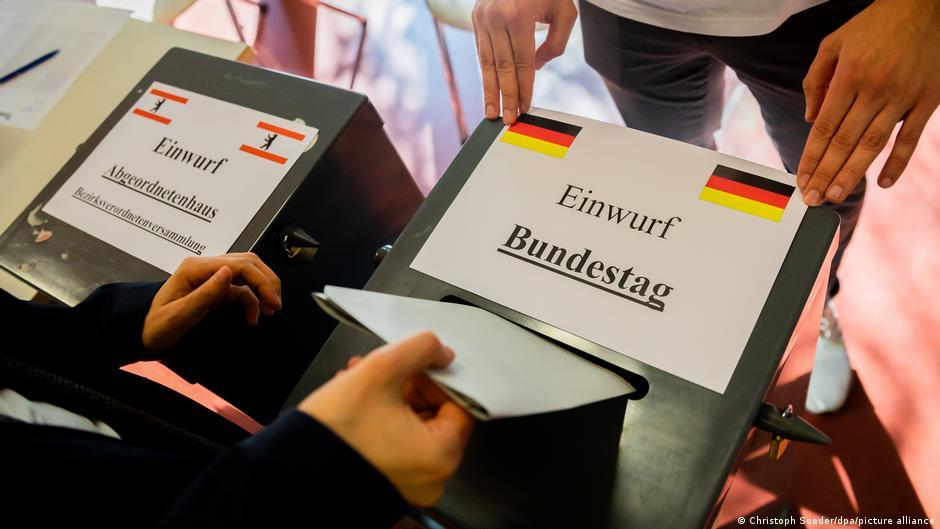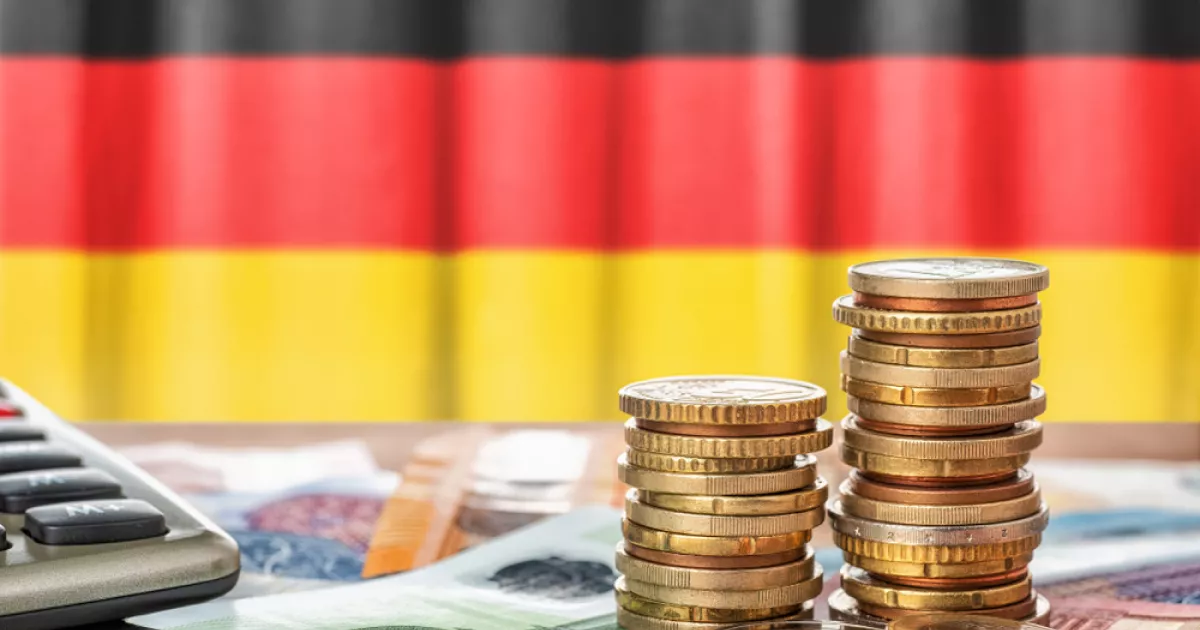Crisis looms over Germany’s “traffic light” coalition Alternative for Germany gaining momentum
On November 4, Deutsche Welle, in an article titled "Ultimatum from the Finance Minister: Will Scholz’s Government Hold?" predicted that "Chancellor Olaf Scholz’s ruling coalition could collapse as soon as this week. But even if it holds, it’s likely only until the end of November. Early elections in Germany could take place as soon as March next year."
On the surface, the crisis appears to stem from differing approaches to Germany’s economic challenges held by two ministers: Finance Minister Christian Lindner from the Free Democratic Party (FDP) and Economy Minister Robert Habeck from the Green Party. Today, on November 6, Chancellor Olaf Scholz, a Social Democrat, is scheduled to meet with them within the framework of the “coalition committee,” making Herculean efforts to preserve the “traffic light triumvirate.”
Overall, the situation took a sharp turn on November 1 when Christian Lindner unveiled his plan to urgently address Germany’s economic crisis, which directly contradicted the proposals presented earlier by Robert Habeck. The focus here is less on the financial and economic details of both proposals, and more on the clear divergence of views between the two ministers, who represent different parties within the ruling coalition. The economic situation in Germany is indeed troubling, with official forecasts predicting a 0.2% contraction of the German economy in 2024, following a 0.3% decline in GDP in 2023.
However, many analysts, both in Germany and abroad, believe the situation is largely a prelude to election campaigns. The FDP and the Greens are seen as testing the “electoral waters” through their economic platforms. Additionally, German sources have pointed out that the strengthening of the Christian Democratic Union (CDU), the largest opposition party, has led to support for Lindner's views, which share several key similarities with the Christian Democrats' economic stance.

Both the FDP and the Greens may have calculated that the time has come to shift to independent political strategies on the German stage. Several German media outlets, citing a Deutschlandtrend poll, reported that over 50% of Germans are opposed to the "traffic light" coalition remaining in power until the Bundestag elections in the fall of 2025, advocating for early parliamentary elections instead.
Some experts attribute these developments to the influence of the CDU, which nominated Friedrich Merz as its candidate for chancellor in September. This decision was made unanimously, in tandem with the Christian Social Union (CSU). The CDU-CSU alliance is seen as the foundation of a centrist bloc, gaining prominence following the significant failure of the "traffic light" coalition in recent regional elections in Eastern Germany. Not surprisingly, on November 2, Bavarian Prime Minister Markus Söder, leader of the CSU, strongly called for the urgent holding of early elections, stating that the coalition had become "a disgrace to the state."
After the local elections, Bundestag Vice President Wolfgang Kubicki (Deputy Chairman of the Free Democratic Party) expressed his disappointment over the party's mere one-percent performance in the elections across all three East German states. He stated that the "traffic light" coalition would soon collapse, as "the German population is tired of it."
Furthermore, some observers suggest that the collapse of the coalition could be prevented by the potential election of Donald Trump as President of the United States. Given the concerns over his possible return to the Oval Office, the "traffic light" parties might decide to stay united, at least for a while longer. On the other hand, a completely opposite view has been voiced, notably by Paul Ronzheimer, Deputy Editor-in-Chief of Bild, who confidently asserted that if Trump were to succeed, Germany should hold early federal elections. According to him, the coalition, which has failed to ensure stability in the country, would be powerless to face the actions of the US Republican leader, especially given Germany’s weakened position within Europe.

Indeed, many analysts consider November 14 as a crucial date for the future of the current ruling coalition, when the "traffic light" parties are set to present Germany’s final budget. In the process, all three components of the coalition will need to navigate significant challenges. In this context, some experts viewed a recent statement by Robert Habeck as a "ray of light" for the preservation of the coalition. He emphasized the importance of "budgetary" concessions from all sides, particularly after acknowledging that the previous period had been "a cacophony rather than a unified government line."
Thus, the political situation in Germany is, to put it mildly, far from ideal for the government. Additionally, there is the Alternative for Germany (AfD), which, despite all obstacles from official Berlin, is gaining momentum. In this light, Kubicki highlighted that the AfD "became strong only because of the coalition’s failures in migration policy." In any case, East Germans see the AfD as a potential lifeline for the country.
The next ten days may well determine the fate of the "traffic light" coalition. Regardless of whether the current government remains in power, Germany, like France, is clearly weakening its position on the global stage.








